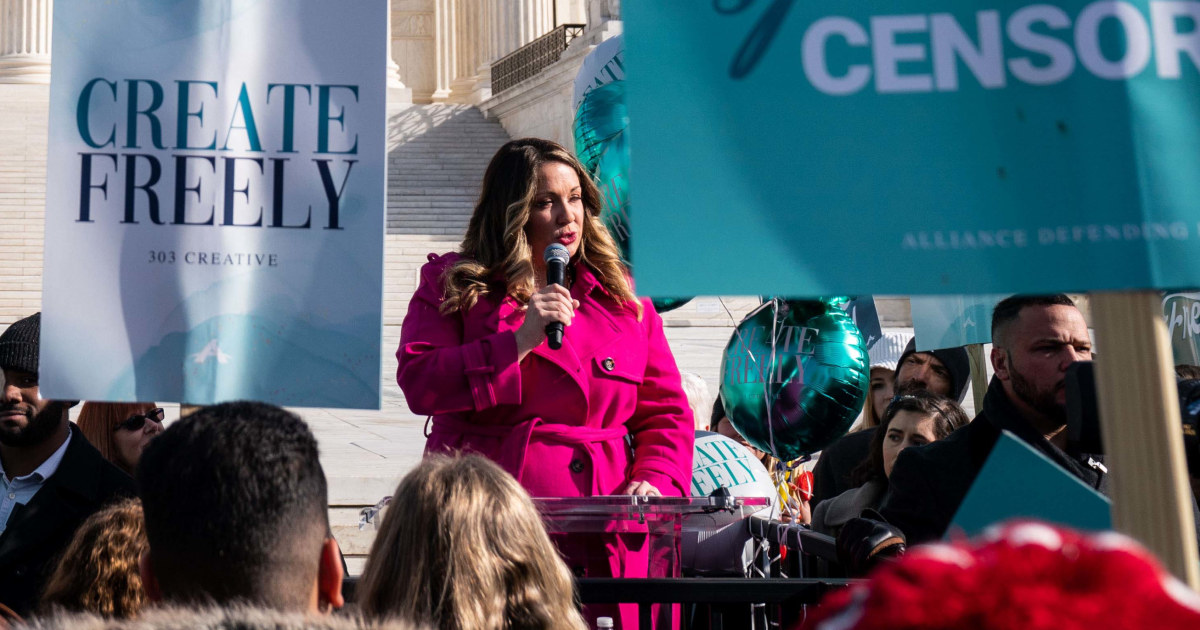Key takeaways:
- The Supreme Court ruled in favor of an evangelical Christian web designer from Colorado, allowing her to refuse to work on same-sex weddings.
- The ruling could allow other similar business owners to evade punishment under laws in 29 states that protect LGBTQ rights in public accommodations.
- The Supreme Court’s ruling is a victory for Smith and other business owners who may have similar beliefs, and serves as a reminder that the First Amendment protects the right to free speech.
The Supreme Court ruled in favor of an evangelical Christian web designer from Colorado on Friday, allowing her to refuse to work on same-sex weddings. The 6-3 ruling found that Lorie Smith, as a creative professional, has a free speech right under the Constitution’s First Amendment to refuse to endorse messages she disagrees with.
Justice Neil Gorsuch wrote in the majority opinion that the First Amendment “envisions the United States as a rich and complex place where all persons are free to think and speak as they wish, not as the government demands.”
The ruling could allow other similar business owners to evade punishment under laws in 29 states that protect LGBTQ rights in public accommodations in some form. The remaining 21 states do not have laws explicitly protecting LGBTQ rights in public accommodations, although some local municipalities do.
The case began in 2012 when Smith, a graphic artist, refused to design a website for a same-sex couple’s wedding. Smith argued that the Colorado Anti-Discrimination Act violated her First Amendment rights by forcing her to express messages that were contrary to her religious beliefs.
The Supreme Court’s ruling is a victory for Smith and other business owners who may have similar beliefs. It also serves as a reminder that the First Amendment protects the right to free speech, even when it may be unpopular.



Be First to Comment